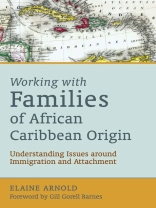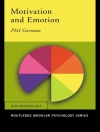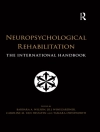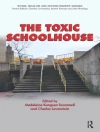Many of those who emigrated from the Caribbean to the UK after World War II left behind partners and children, causing the break-up of families who were often not reunited for several years.
In this book, Elaine Arnold examines the psychological impact that immigration had on these families, in particular with relation to attachment issues. She demonstrates that the disruption caused by separation from both family and country often had long-term traumatic consequences. The boo...
Tabla de materias
Acknowledgements. Foreword by Gill Gorell-Barnes. Introduction. 1. Historical Background of African Caribbean Life. 2. African Caribbean Families’ Immigration to B...
Sobre el autor
Elaine Arnold is Director of The Separation and Reunion Forum, UK, an organization dedicated to highlighting the traumatic effects of broken attachments, separation a...












